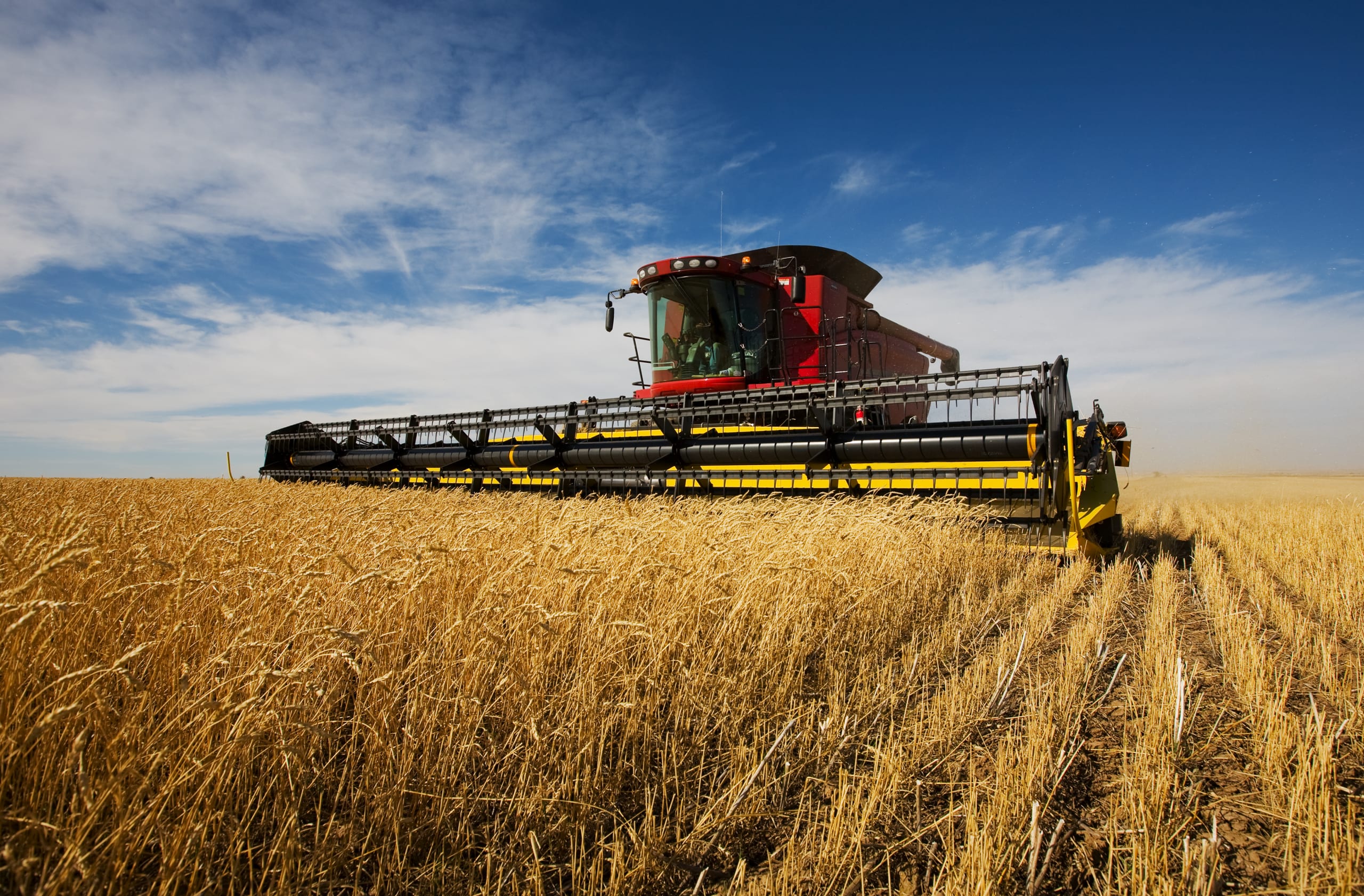Warm Up

Helpful Words and Phrases
Listen and repeat. 聞いてリピートしましょう。
-
- ex. Only some types of mushrooms are edible.
-
- ex. The company’s stock price skyrocketed when they released their new product.
-
- ex. Wheat, rice, corn, and oats are examples of grain.
-
- ex. In 2020, many countries had a toilet paper shortage.
-
- ex. It’s not a good idea to rely on one person for everything. If that person gets sick, you’re in trouble.
Article
Read the article below and answer your tutor's questions.記事を読んで講師からの質問に答えましょう。
Scientists at London’s Royal Botanic Garden have created a list of plants that could become regular foods by 2050. They say it’s important to start eating a wider variety of foods. More than 7,000 plants around the world are edible, but only 417 are commonly grown for food, and the top 15 plants provide 90% of the world’s calories.
One of the plants on the list is the pandanus, a small tree that grows in the Philippines and other Southeast Asian countries. Its fruit is similar to a pineapple, and its leaves are often used in both sweet and savory dishes. Another plant on the list is the enset, an Ethiopian relative of the banana. Its fruit isn’t edible, but other parts can be used to make bread.
Ukraine and Russia are major players in the world’s food supply, so the war in Ukraine has made global food prices skyrocket this year. Over 20 million tons of grain are currently stuck in Ukraine, causing major shortages in countries that rely on its wheat. Climate change is also affecting farmers’ ability to grow food all over the world.
Discussion
Choose a topic and discuss the questions with your tutor.トピックを選び、質問に基づいて議論しましょう。
Common and Unique Foods
- Would you like to eat any of the plants in the article (ex. pandanus fruit, enset bread)? Why or why not? Discuss.
- In your opinion, which unique foods from your country could become "regular foods" by 2050 (ex. hachinoko, natto)? Why? Discuss.
- In your opinion, what are the most important food products from your local area (ex. rice, apples)? Why? Discuss.
The World’s Food Supply
- Only 15 plants provide 90% of the world's calories. Do you think this is safe? Why or why not? Discuss.
- Do you think your country is in danger of having food shortages? Why or why not? Discuss.
- Some countries have recently banned sending some foods overseas. What do you think about that (ex. it's a good idea, it's selfish)? Why? Discuss.
Feedback
表現の幅
語彙をどの程度使えるか
一貫性
論理的な話し方ができるかどうか
音韻
発音が相手にとって
聞き取りやすいか


